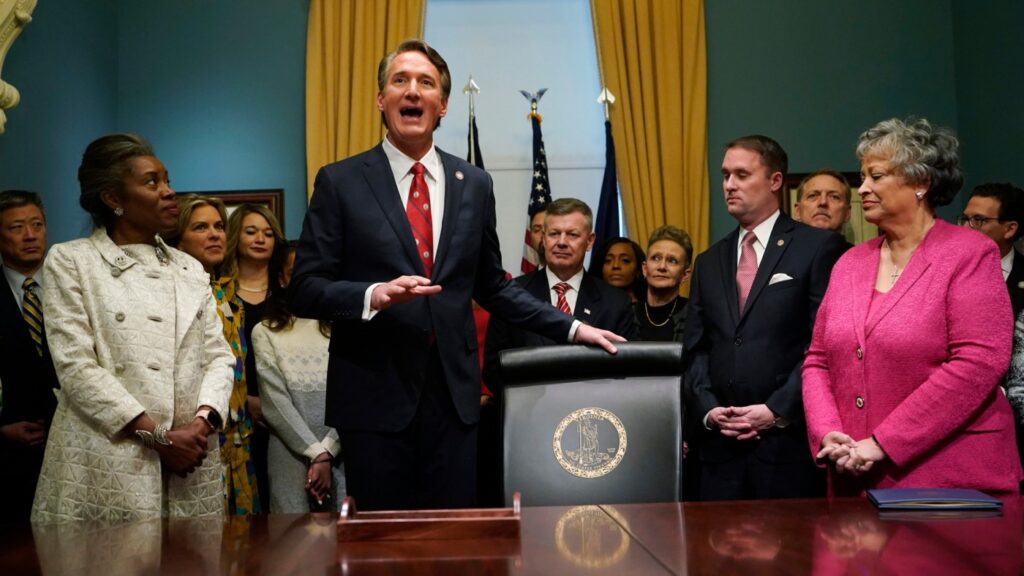Five environmental groups have filed suit in state court to block implementation of the decision in June by the Virginia Air Pollution Control Board to withdraw Virginia from the Regional Greenhouse Gas Initiative (RGGI), a pact among 12 East Coast states to cut greenhouse gas emissions from the electric power plants operating in their states. The environmentalists argue that legislation enacted by the General Assembly in 2020 requires the state to participate in the RGGI, and only the legislature can amend the law to withdraw Virginia from the pact. The environmentalists claim that the RGGI is a powerful tool to cut the greenhouse gasses that otherwise will continue to drive global warming and create increasingly severe weather patterns.
The environmentalists are wrong on the law and wrong on the science. Their lawsuit is without merit and should be dismissed without delay. The 2020 legislation at issue, The Clean Energy and Community Flood Preparedness Act, most certainly does not require Virginia’s participation in the RGGI.
The act explicitly states that the executive branch is “authorized to establish, implement, and manage an [emissions reduction] … program … consistent with the RGGI program …” When interpreting a statute, the words are to be understood in their ordinary everyday meaning unless the provision in the statute in which the words are used clearly requires some other interpretation. This has always been the case. As the distinguished American jurist James Kent noted in 1824, “The words of a statute are to be taken in their natural and ordinary signification and import….
” The 2020 legislation “authorizes” officials in the executive branch of Virginia’s government to establish a greenhouse gas emissions reduction program consistent with the RGGI. The ordinary everyday meaning of “authorize” is in no doubt. It means to allow or empower or permit a party to act.
It absolutely does not mean that the authorized party is required to act. Inherent in the concept of authority is the freedom to act or not to act in the first instance and, if an action is taken, the freedom to rescind the action taken if and when the authorized party decides to do so. The Air Pollution Control Board was never required to participate in the RGGI, no matter what the environmentalists now say.
And the board was clearly empowered to rescind its earlier decision and withdraw Virginia from the RGGI when it elected to do so in June. Furthermore, there is no evidence that the RGGI has reduced greenhouse gas emissions to any meaningful extent despite a decade of costly operations across the Northeast, and already tens of millions of dollars in added costs for Virginia electric customers. In 2022, worldwide greenhouse gas emissions reached an all-time high.
Unilateral efforts by Virginia or some states in the Northeast to cut greenhouse gas emissions from one sector of the overall economy can have no practical effect on worldwide greenhouse gas emissions. Any such localized reductions will be more than offset by the ever-increasing emissions of communist China and other nations that are rapidly expanding their use of coal, oil and natural gas. Factors that contribute to global warming are, by definition, factors that can only be addressed effectively on a global basis.
With no hope of having any meaningful impact on the problem that RGGI was created to mitigate, a decision to continue Virginia’s participation in the costly RGGI program would have been arbitrary and capricious. The Air Pollution Control Board clearly made the right science-based decision when it lawfully exercised its statutory authority to withdraw Virginia from the RGGI. Sign up for email newsletters.
From: dailypress
URL: https://www.dailypress.com/2023/09/09/opinion-withdrawal-from-rggi-is-good-law-and-good-science/
